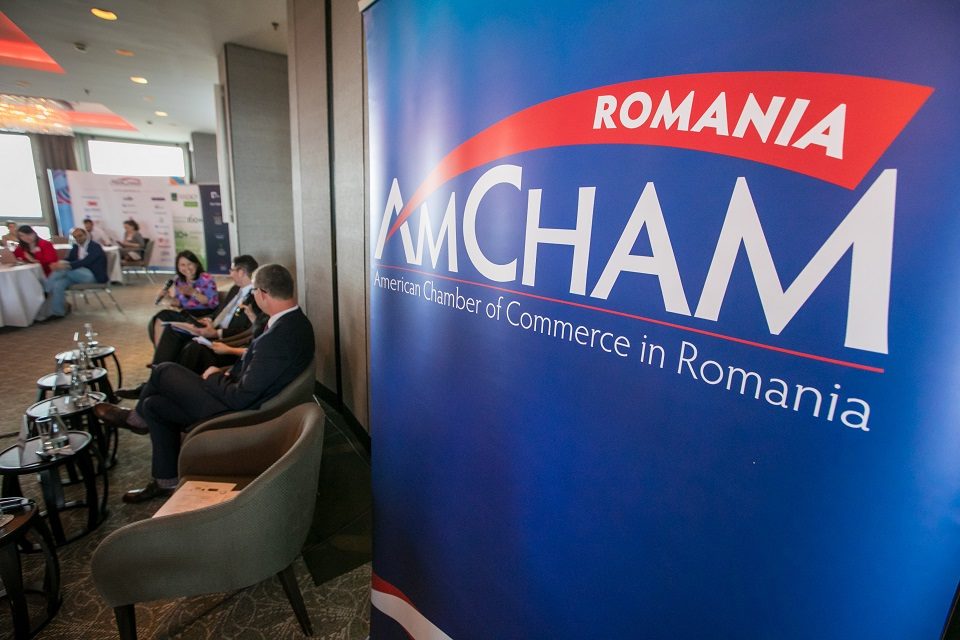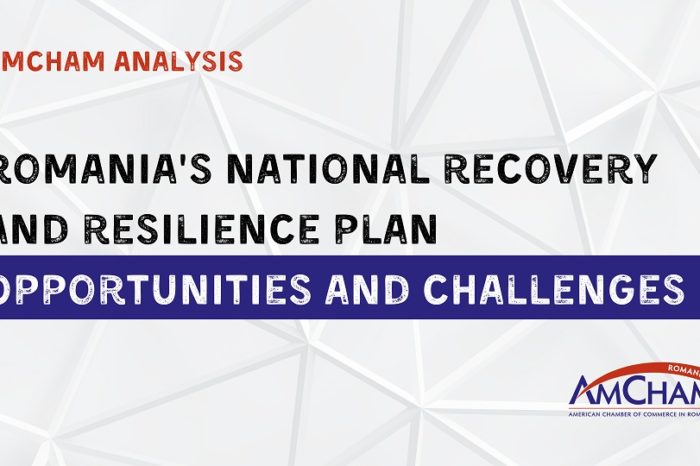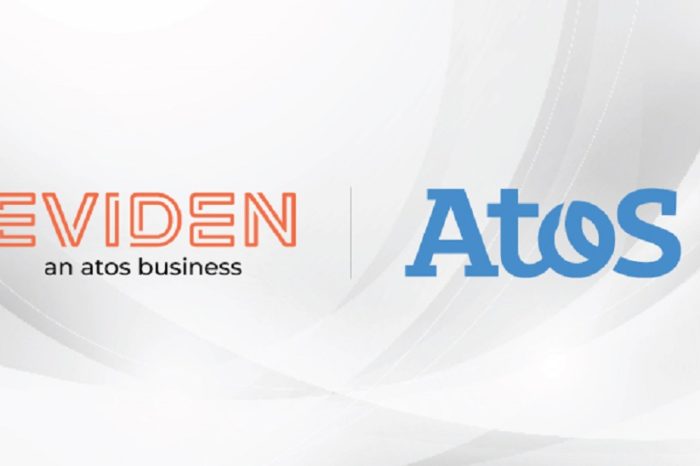AmCham Romania: The New Fiscal Measures: Which Hold the Greatest Risks?

In the context of the public debates on the fiscal consolidation measures, AmCham Romania reiterates its support for a fair fiscal framework for all market players, which neither allows nor encourages abuses, but stimulates investments, especially in those industries that hold the potential to strengthen Romania’s competitiveness at the regional level.
We emphasize the need for the new fiscal measures (the most extensive in the last decade at least) to be correlated with Romania’s objectives to attract capital and consolidate its profile as a destination for strategic investments, as well as with the legislation in force.
Following a preliminary analysis of the provisions in the draft version of the Ordinance, published by the media, AmCham members identified a set of proposals that were not previously discussed with the business environment. Transparency and predictability are the basis of a healthy business environment, therefore hastily adopted measures can have negative effects on the Romanian economy.
In AmCham’s view, one aspect that requires additional attention not to negatively affect the economic environment is the fiscal adjustment formula. Companies fear that this adjustment (similar to a turnover tax) may disadvantage Romania compared to other countries in the region. It could lead to limiting Romania’s capacity to attract greenfield investments, unjustified discrimination between companies belonging to a group and those that do not have such membership, or even blocking the investment plans of companies already established in Romania. At first glance, it can be concluded that the fiscal adjustment questions certain taxation principles (i.e. substance of transactions, market price, etc.)
We expect the envisaged measures to take into account the provisions of the Minimum Tax Implementation Directive (Pillar 2 BEPS) and to be aligned with the transfer pricing legislation (for example with advance pricing agreements issued and to be issued). We recommend analyzing the experience of other countries that have implemented or are in the process of implementing similar systems, such as Poland or Australia.
We also point to the need to avoid any measures that weaken efforts to combat tax evasion on value-added tax, as is the case in our view with the restriction of the reverse charge measure for the construction sector and real estate transactions.
Another important aspect for businesses is preserving existing mechanisms that allow them to support non-governmental organizations to provide social services in critical areas for society but for which the State does not have the resources and capacity, services whose efficiency and necessity are indisputable. The proposed changes, in addition to reducing the tax advantage, will also make it more difficult for these organizations to access the necessary funds.
We’ve noticed important industry-focused changes, such as reducing incentives for the IT sector, and limiting the deductibility of provisions in the financial sector, constructions, and others. Some changes were anticipated, and some are new, yet all of them will immediately impact these industries.
To minimize the negative effects, we advocate for analyzing the implementation specifics of all proposed changes and an extensive consultation process. We reiterate the need to comply with the 6-month period indicated in the Fiscal Code before the tax changes come into force, especially considering the wide scope of this package.
AmCham Romania expresses its availability to be part of the discussions to analyze the impact of the proposed measures and of the substance consultations called by all impacted stakeholders parties that need a reasonable term between the adoption and application of the fiscal measures, for the adjustment of business plans.
About AmCham Romania
The American Chamber of Commerce in Romania (AmCham Romania) is among the most representative associations of the business community in Romania, recognized as a promoter of the public-private dialogue on topics related to the business environment, public policies with an impact on the economy, Romania’s competitiveness, or the dynamics of trade relations between the USA and Romania.
AmCham Romania was founded in 1993, and this year it celebrates 30 years of presence and activity in Romania.
Currently, the more than 530 American, international, and Romanian companies, members of the AmCham Romania community, make it possible for AmCham to be involved in promoting economic priorities for many areas of activity, through specialized working groups, such as: Capital Markets and Financial Services, Governance Corporatism, Competition and State Aid, Energy, Education, Digital Economy, Taxation, Environment, Labor Market, Health, European Funds, Public Procurement and Public-Private Partnership, Real Estate and Tourism.
The 530 AmCham members operate in 32 economic sectors, together creating over 250,000 jobs and having invested over EUR 20 billion in Romania.
The cumulative turnover of AmCham members amounted to EUR 65 billion (calculated with reported financial results for 2021, the latest available at the time of analysis). Each additional million EUR in turnover creates another 10 jobs in the economy. The added value generated by AmCham members, of EUR 29.1 billion, represents 12.1% of Romania’s GDP (2021).
AmCham Romania is an accredited member of the US Chamber of Commerce and is part of the European network of American Chambers of Commerce. Internally, AmCham Romania enjoys good institutional collaboration with the United States Embassy in Bucharest and is part of consultation platforms such as the Coalition for the Development of Romania alongside other partner organizations from the associative environment that pursue common objectives.

















